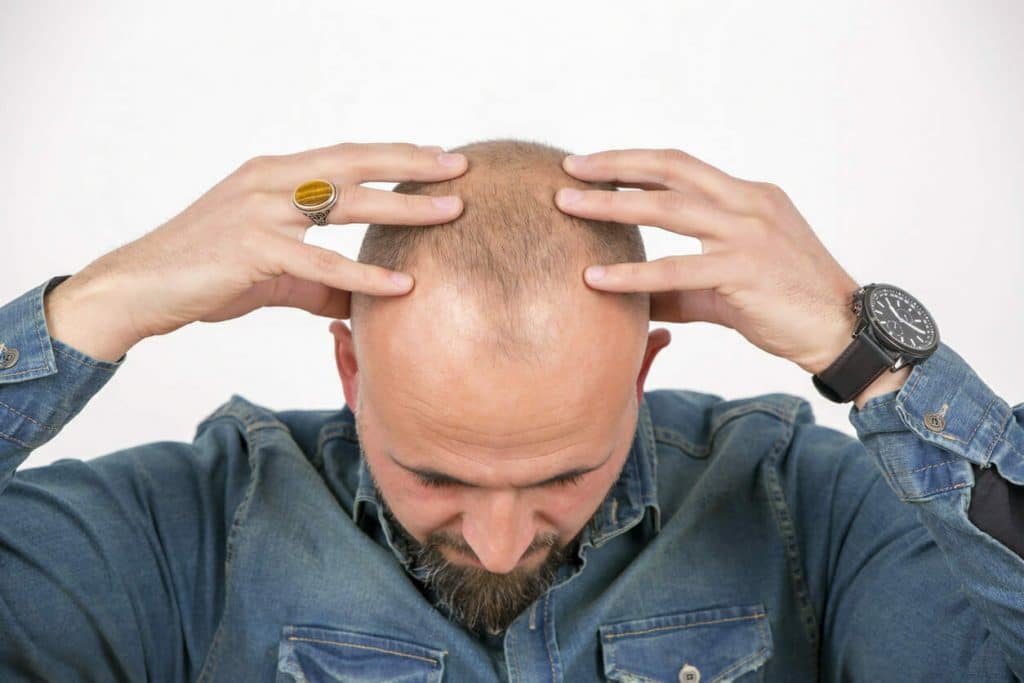After a hair transplant, the scalp is highly sensitive and needs proper care to promote healing. Avoid touching or scratching the treated area, as this can dislodge grafts. It is essential to follow post-procedure instructions carefully to protect new hair follicles. Keep the scalp dry for the first day and avoid excessive sweating. This Article delves into the details of Hair Transplant in Dubai Treatment.
Gentle Washing Routine
Washing the scalp should be done carefully to prevent damage to the transplanted hair. Use a mild, sulfate-free shampoo as recommended by your specialist. Rinse gently with lukewarm water, and avoid strong water pressure directly on the scalp. Pat dry with a soft towel instead of rubbing.
Avoid Direct Sun Exposure
Sun exposure can be harmful to the healing scalp, causing irritation and potential damage to grafts. It is advisable to wear a loose-fitting hat when going outside. Avoid direct sunlight for at least a few weeks, as excessive heat can lead to complications.
Managing Swelling and Discomfort
Some swelling around the forehead and scalp is common after a hair transplant. Keeping the head elevated while sleeping can help reduce swelling. Cold compresses may be used on the forehead but should not touch the transplanted area. Following prescribed medication instructions can also aid in minimizing discomfort.
Stay Hydrated and Maintain a Healthy Diet
A well-balanced diet rich in vitamins and proteins supports scalp healing and promotes hair growth. Drinking plenty of water keeps the body hydrated, which aids in recovery. Nutrient-rich foods provide essential support to newly transplanted follicles, ensuring their survival and healthy development.
Avoid Strenuous Activities
Refrain from engaging in heavy workouts, running, or any activity that causes excessive sweating for at least a couple of weeks. Physical exertion can increase the risk of infections and slow down healing. It is important to gradually resume normal activities once the scalp has sufficiently recovered.
Proper Sleeping Position
Sleeping in an elevated position for the first few days helps reduce swelling and prevents friction against the scalp. Use extra pillows or sleep on a recliner to maintain a comfortable angle. Avoid resting directly on the treated area to protect the hair grafts.
Hair Growth Timeline and Expectations
Newly transplanted hair may fall out within the first few weeks, which is a normal part of the process. After a few months, new hair growth starts appearing gradually. Full results typically take several months to a year, requiring patience and proper aftercare.
Avoid Smoking and Alcohol
Smoking and alcohol consumption can hinder the healing process and reduce blood circulation to the scalp. Avoid these substances for at least a few weeks post-transplant. Proper blood flow is essential for delivering nutrients to the hair follicles, promoting optimal growth.
Follow-Up Appointments
Regular follow-up visits with the specialist ensure that the healing process is progressing well. Any concerns regarding scabbing, itching, or unusual symptoms should be discussed during these appointments. Proper medical guidance helps in achieving the best results from the transplant.
FAQs
How long does the healing process take after a hair transplant?
The initial healing process takes about two weeks, but full recovery and noticeable hair growth can take several months.
Can I wear a hat after a hair transplant?
A loose-fitting hat can be worn after a few days, but tight headwear should be avoided to prevent pressure on the grafts.
When can I resume my regular hair care routine?
Most patients can return to a normal hair care routine after about two weeks, following professional advice.
Is it normal to experience shedding after a hair transplant?
Yes, transplanted hair may shed within the first few weeks, but new hair will start growing in its place over time.
What should I do if I notice redness or irritation?
Mild redness is normal, but if irritation persists, consulting the specialist is recommended for proper evaluation.
Conclusion
Proper aftercare plays a crucial role in ensuring the success of a hair transplant. Following all post-procedure guidelines, maintaining scalp hygiene, and protecting grafts from potential damage are essential. With patience and consistent care, the newly transplanted hair will grow naturally and provide long-lasting results.






Comments